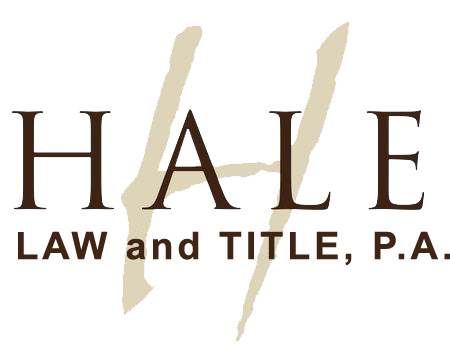Owning a property is a significant milestone in life. It provides a sense of security, pride, and a place to call home. However, homeowners may face legal challenges that can threaten their property. For instance, creditors may seek to recover debts by forcing the sale of the property. Fortunately, homestead rights provide legal protections that can safeguard your property against such challenges. In this article, we'll discuss what homestead rights are, how they work, and how to protect your property with them.
The Importance of Homestead Rights
Homestead rights are legal protections that shield a homeowner's primary residence from creditors and other legal challenges. The purpose of homestead rights is to ensure that homeowners are not rendered homeless due to debts or other legal issues. In many states, homestead rights protect a certain amount of equity in a home, which is the difference between the home's market value and the outstanding mortgage balance.
Without homestead rights, creditors could force a homeowner to sell their home to recover debts, leaving them without a place to live. Homestead rights provide peace of mind to homeowners by ensuring that their primary residence is protected from creditors.
Homestead Rights vs. Property Rights
It's essential to distinguish between homestead rights and property rights. Property rights refer to the legal ownership of a property, while homestead rights are protections available to homeowners. Homestead rights do not give homeowners ownership over their property, but rather protect their equity in the property from creditors.
Homestead rights only apply to a homeowner's primary residence, which is the home where the homeowner resides for the majority of the year. Investment properties, vacation homes, and rental properties are not eligible for homestead protections.
Understanding Homestead Exemptions
Homestead exemptions determine the amount of equity in a home that is protected by homestead rights. The amount of the homestead exemption varies by state, but it's typically based on the fair market value of the home. For example, in Texas, the homestead exemption is up to $25,000 for single homeowners and $50,000 for married couples.
Homestead exemptions can also vary based on the homeowner's age, disability status, or income level. Some states have unlimited homestead exemptions, which means that the entire equity in the home is protected. It's crucial to understand the homestead exemption in your state to ensure that you're taking advantage of all available protections.
How to File for Homestead Rights
Filing for homestead rights is a straightforward process. In most states, homeowners can file a homestead declaration with the county recorder's office. The homestead declaration typically requires the homeowner's name, address, and a legal description of the property. The declaration must be notarized and filed with the county recorder's office.
Some states, such as Florida, automatically provide homestead protections to homeowners. However, homeowners may need to file a homestead exemption to claim the protection.
Protecting Your Homestead Rights During Bankruptcy
Homestead rights can provide critical protections during bankruptcy proceedings. In some cases, bankruptcy exemptions may not be enough to protect a homeowner's equity in their home. In such cases, homestead rights can provide additional protections by exempting a certain amount of equity in the home from bankruptcy proceedings.
However, it's essential to understand that homestead rights may not protect homeowners from all creditors. For instance, homestead rights may not protect against tax liens, mechanic's liens, or mortgages.
How to Transfer Homestead Rights
Transferring homestead rights can be a complex process, and it's essential to consult with an attorney before making any transfers. In some cases, transferring homestead rights may result in the loss of protections or other legal issues.
However, there may be situations where transferring homestead rights is necessary. For instance, if a homeowner is getting married, they may need to transfer their homestead rights to their new spouse. Other situations where transferring homestead rights may be necessary include divorce, death, or changes in ownership.
Common Misconceptions About Homestead Rights
There are several misconceptions about homestead rights that homeowners should be aware of. One common misconception is that homestead rights protect against all creditors. However, as mentioned earlier, homestead rights may not protect against tax liens, mechanic's liens, or mortgages.
Another misconception is that homestead rights provide unlimited protections. However, as discussed earlier, homestead exemptions vary by state and may not cover the entire equity in a home.
Working with a Homestead Rights Attorney
Working with a homestead rights attorney can help homeowners navigate the complexities of homestead protections. An attorney can help homeowners understand their state's homestead exemption, file a homestead declaration, and protect their homestead rights during bankruptcy proceedings.
An attorney can also help homeowners transfer their homestead rights, understand their legal rights, and defend against legal challenges to their property.
Conclusion
Homestead rights are an essential protection for homeowners, providing legal safeguards against creditors and other legal challenges. Understanding homestead rights, exemptions, and protections can help homeowners safeguard their property and ensure that their primary residence is protected. By working with a homestead rights attorney, homeowners can take advantage of all available protections and defend against legal challenges to their property.

